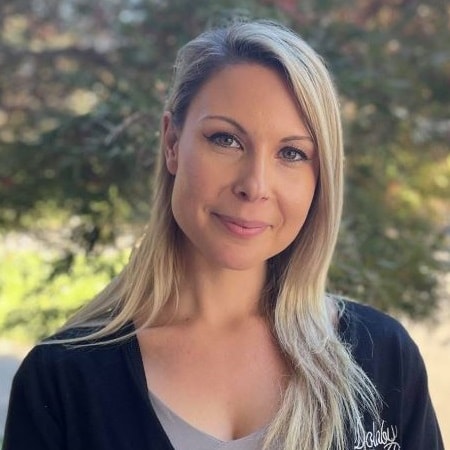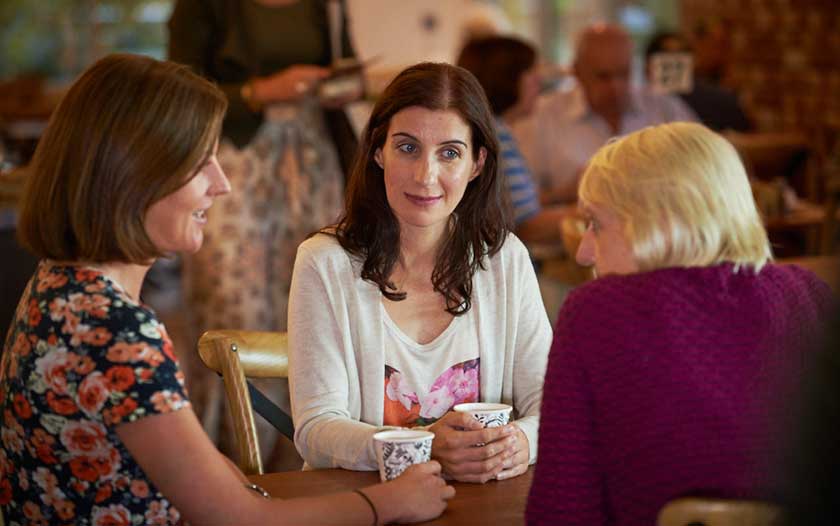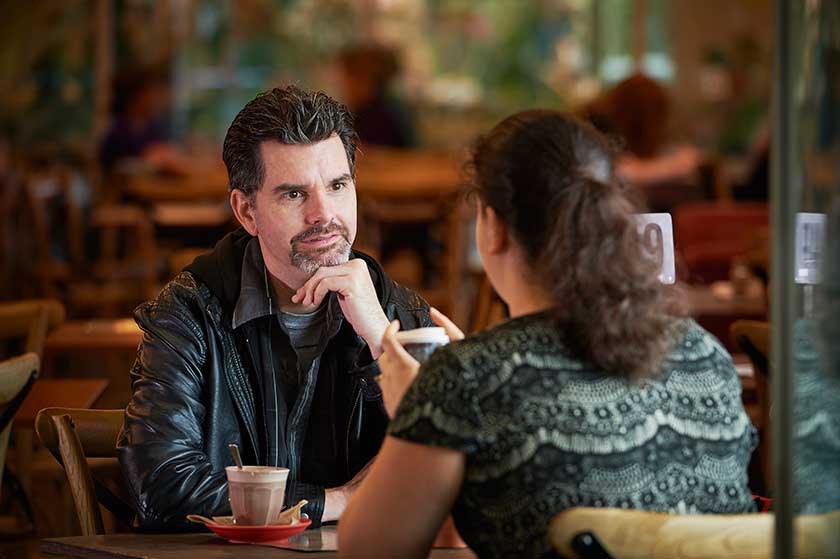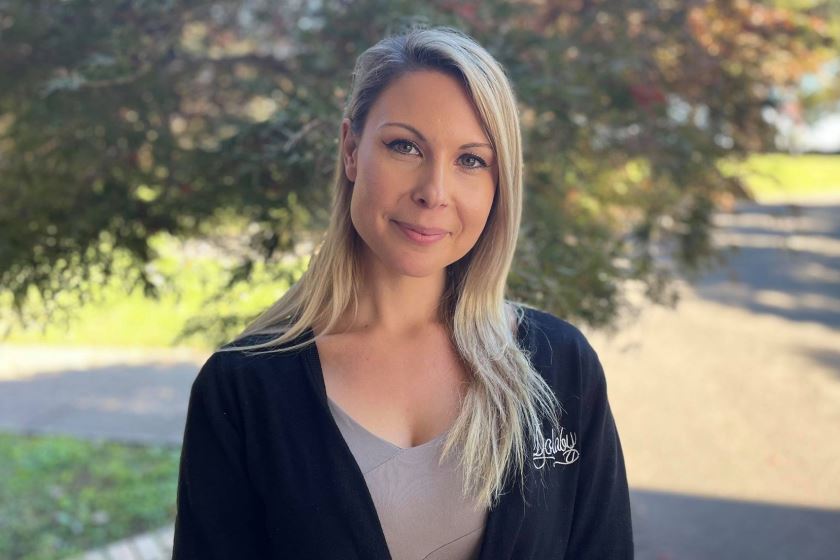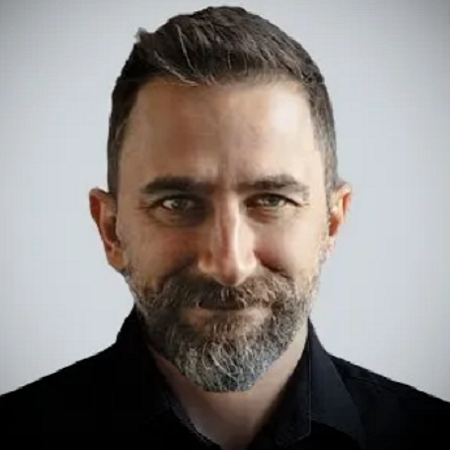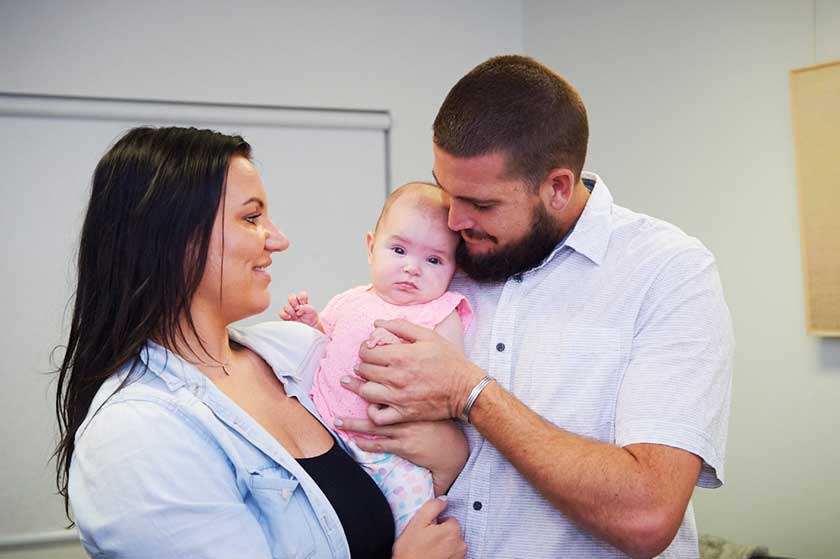When you are receiving mental health treatment, there are often many people involved in your care including psychiatrists, psychologists, social workers, exercise physiologists, dietitians, as well as pharmacists, who may have prescribed strategies, medications, diets, or additional treatment programs to continue your journey to wellness.
Once you have completed a treatment program, or part of a program, it can be a time where you may experience a variety of mixed emotions, such as hope, anxiety, achievement, or even uncertainty about what future treatments and ongoing supports may be available.
So, once you have finished a treatment program it is important to continue to do the things that improve your mental and emotional health.
Four top tips to staying mentally and emotionally well
Things that can assist you in continuing your progress can include:
- maintaining a daily routine; including waking up at the same time every day, eating your meal at regular times, being physically active throughout the day, and taking your medications at the same time every day
- reviewing your skills and strategies that you have found helpful during your therapy sessions, and keeping any handouts or information in easy to access places so that you know where to find them
- scheduling regular appointments with your treatment team, including your psychologist, psychiatrist, community care nurse or GP
- maintaining the wellness plan that you have developed and review it regularly
Being active helps too
Other activities that you can try which are key to ongoing emotional wellness:
- staying active – such as going to the gym, walking, stretching, yoga, as well as engaging in team sports
- being socially connected- talking to friends and family, spending quality time with those you care about, seek groups of people with similar interests
- maintaining a healthy diet- avoiding foods that can impact mood such as caffeine, reducing alcohol consumption, and drinking lots of water
- getting lots of rest - developing a good sleep hygiene routine to increase the chances of a restful sleep
- engaging in activities that give you meaning and purpose, things that are important to you and provide you with a sense of achievement, such as your work, family, or volunteering
- allowing yourself the time to do things you like, or things that you find relaxing or enjoyable.
Keep taking your medication
Medications are prescribed by your psychiatrist or GP specifically to assist you in managing your symptoms.
Each medication works in different ways, and often takes some time before you can notice some improvement in your symptoms.
It is vital that you do not stop taking your medication for any reason, except on the advice of your treating doctor.
You should discuss your medications or any required changes to medication with your treating physician or our pharmacists.
What to do if you aren’t feeling well
At times symptoms may return, and you may feel an increase in distress similar to how you felt prior to starting program or during a program.
There could be many reasons that this may occur, including additional life stressors, changes in medications, or significant life events.
If your symptoms increase it is important to book in with your treating psychologist or psychiatrist for support and a review of your treatment plan.
Your treatment team will be able to assess you and provide advice on how to keep your recovery moving forward.
You can find details of our psychiatrists at Find A Specialist.


